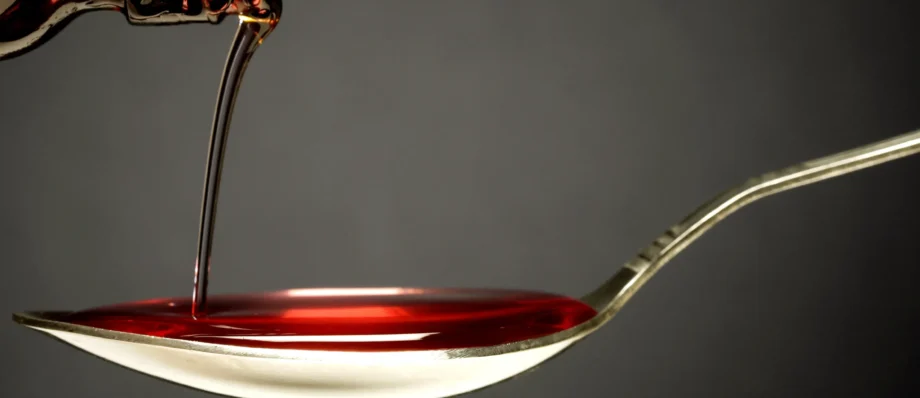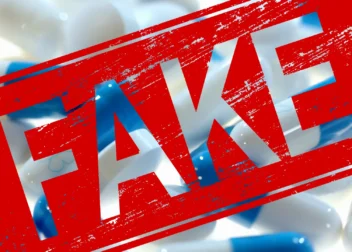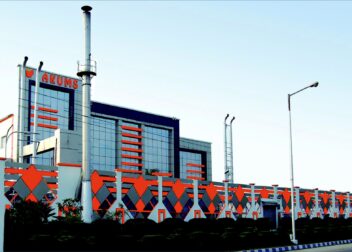Two labs in India take on the bulk of testing for cough syrup samples for export
Source: TheHindu
One Central and one State testing laboratory in India are currently bearing the bulk of cough syrup sample analyses brought in for testing before their export according to the Central Drugs Standard Control Organisation (CDSCO) list issued this month. The country has 15 Central and State-run laboratories engaged in cough syrup sample testing, including the Regional Drugs Testing Laboratory, Kerala, which is now accepting for analysis cough syrup samples that are meant for export.
The Directorate General of Foreign Trade under the Department of Commerce, Ministry of Commerce and Industry issued a notification early this year for amendment in the export policy for cough syrups, making it compulsory from June 1 for cough syrup manufacturers to secure a certificate of analysis from a government-approved laboratory before exporting their products.
The order came following a World Health Organization (WHO) product alert in cases of syrup products being exported from India. Following this alert, the Central Drugs Standard Control Organisation (CDSCO), in coordination with the State Drug Controllers, carried out joint investigations and brought in measures to ensure the efficacy of drugs.
India is the world’s third largest maker of drugs by volume after the U.S. and China. According to experts in the field, India’s pharma exports are set to rise to over $20 billion this fiscal year. Additionally, India’s cough syrup exports stand at $15 million a year.
According to the CDSCO, the number of batches of cough syrup samples received for testing in Central/ State drug testing laboratories in two centres — CDTL, Mumbai; and the Food and Drug Laboratory, Gujarat — is 176. This is part of the 328 batches being tested in various centres across the country currently. India has now also brought a few private players into the foray for speeding up the process.
CDSCO and the Ministry of Health and Family Welfare have brought in various measures to maintain the standard of drugs being exported from India. A senior Health Ministry official noted that regulatory measures that have been undertaken include amending the Drugs and Cosmetics Rules, 1945.
“The amendments include mandating that before the grant of a manufacturing license, the manufacturing establishment is to be inspected jointly by the drugs inspectors of the Central government and State government. Also, the number of sanctioned posts in the CDSCO has been significantly increased in the last 10 years, and an amendment has also been brought in, making it mandatory for applicants to submit evidence of stability, safety, etc. to the State licensing authority before the grant of manufacturing license by the authority,” the official added.



